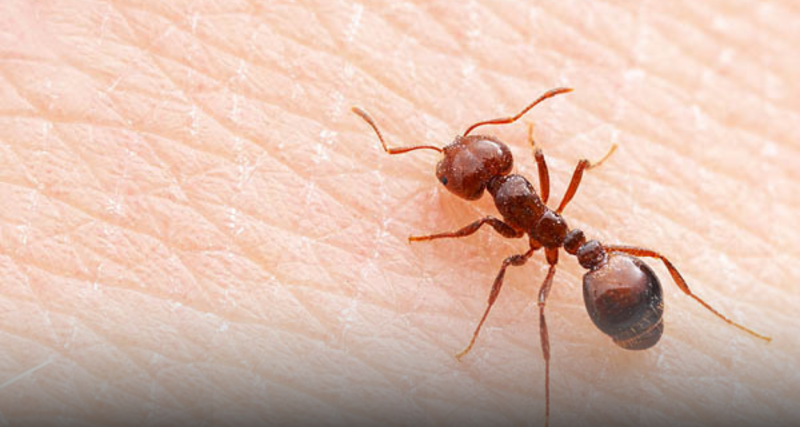In this section
In this section
Menu

The fire ant is the worlds most invasive species. They can inflict painful stings and are aggressive when disturbed.
Impacts of fire ants:
Under the Biosecurity Act 2014, Queenslanders are legally required to report suspected sightings of fire ants within 24 hours of their discovery, and depending on the nests location take action to treat the pest.
Fire ants have arrived in Queensland. With identified sites just to the south of our region.
Fire ants are easily transported in organic materials such as soil, baled hay or straw, mulch, manure, quarry products, turf and potted plants. It is important that before moving any materials from one location to another, you are legally obligated to check no fire ants are present.
As the likelihood of fire ants infiltrating the Gympie region grows, it becomes crucial to learn how to identify them and understand the necessary steps if you suspect their presence.
It is important for anyone look, report and protect.
If you suspect fire ants you should immediately report via the online form or by calling 13 25 23.
Additional information can be by visiting the National Fire Ant Eradication website.
FREE online self-directed training is available for residents, workplaces and pest managers via the National Fire Ant Eradication Program